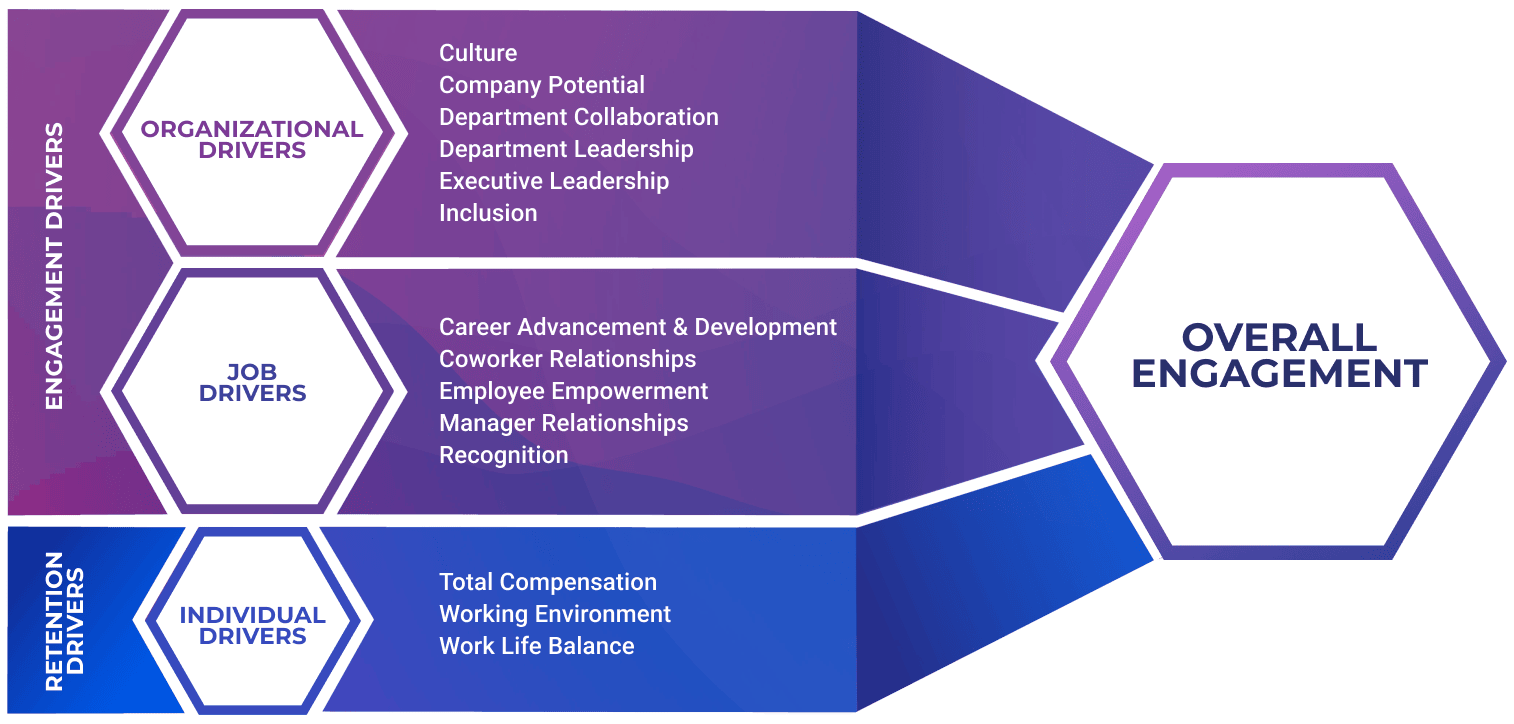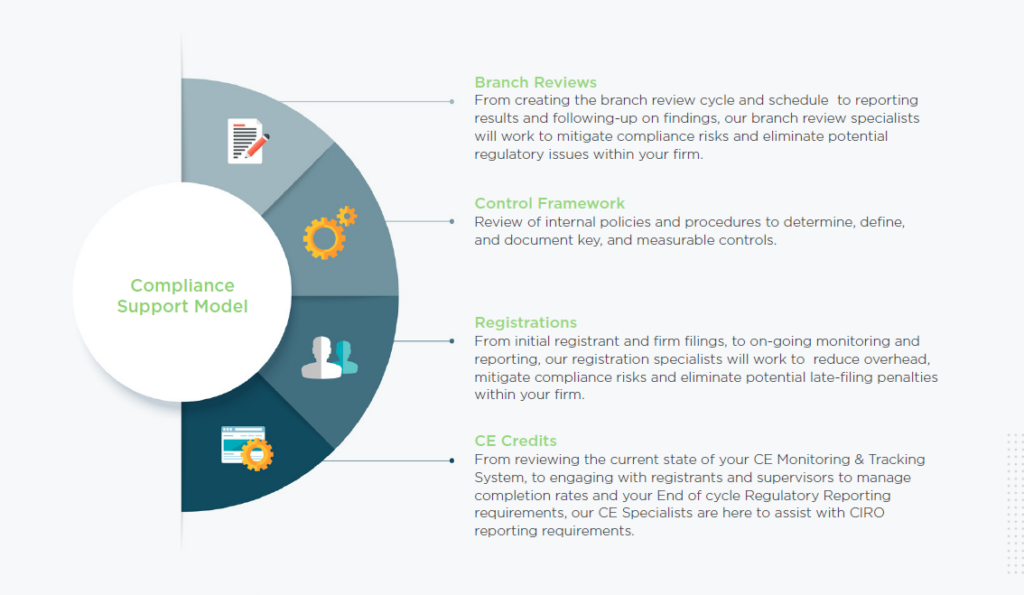견적문의
페이지 정보
작성자 Fredericka Stok… 댓글댓글 0건 조회조회 318회 작성일작성일 25-04-21 08:13본문
| 회사명 | NO |
|---|---|
| 담당자명 | Fredericka Stokes |
| 전화번호 | LF |
| 휴대전화 | EC |
| 이메일 | frederickastokes@web.de |
| 프로젝트유형 | |
|---|---|
| 제작유형 | |
| 제작예산 | |
| 현재사이트 | |
| 참고사이트1 | |
| 참고사이트2 |
This post is a submission by Managed Services Partners. Managed Services Partners is an outsourcing company with over 6 years of experience assisting services enhance operations and drive development.
Starting the outsourcing journey is an undertaking that many organizations carry out to improve effectiveness, minimize costs, and take advantage of specialized skill.
However, together with these possible advantages come a host of legal and compliance complexities that need to be thoroughly browsed to ensure the success and sustainability of outsourcing initiatives.
This comprehensive guide will check out key legal and compliance factors to consider, with a concentrate on information privacy laws, non-disclosure arrangements (NDAs), non-compete provisions, and the vital function of versatility in today's vibrant company environment.
The contracting out landscape
Outsourcing is more than a strategy for offloading non-core tasks; it is a transformative method that can improve a business's adaptability and competitiveness.

Whether it's IT services, customer support, making processes, or personnels, contracting out can offer a considerable edge. Companies that effectively outsource can concentrate on core service operations, drive development, and gain access to leading skill without the overhead expenses of full-time employment.
However, this journey is not without its legal and compliance obstacles. Companies need to be conscious of the intricacies surrounding the transfer and management of information, the defense of copyright (IP), and the upkeep of regulatory compliance.

Given the international nature of outsourcing, services must also think about cross-border legal ramifications, which may vary substantially depending on the nation where the outsourcing service provider operates.

Understanding these aspects is important in guaranteeing that contracting out collaborations align with a business's strategic goals while mitigating prospective legal threats.

In most cases, organizations that disregard legal and compliance considerations deal with costly disagreements, loss of sensitive information, or reputational damage that can take years to recover from.
Importance of legal factors to consider
Outsourcing naturally involves legal factors to consider that are vital to securing a company's interests. At the forefront is the need to protect sensitive information. Companies should understand and adhere to data personal privacy laws that govern the jurisdictions in which they run.
This is especially important as information breaches can lead to serious monetary penalties and reputational damage.
Furthermore, intellectual property rights should be plainly defined in contracting out contracts to prevent unapproved usage or misappropriation of exclusive possessions. If these rights are not appropriately established, a business may lose control over crucial developments or private business processes.

For organizations running in highly managed markets such as healthcare, financing, or legal services, compliance requirements are even more strict.
Following policies such as the General Data Protection Regulation (GDPR) in Europe or the Health Insurance Portability and Accountability Act (HIPAA) in the United States is necessary to preventing legal complications.
Non-Disclosure Agreements (NDAs) and non-compete provisions
When outsourcing, companies regularly share proprietary information with external provider.
To protect this important details, NDAs are used. These contracts are developed to avoid the unauthorized dissemination of secret information, therefore protecting the business's competitive benefit.
NDAs ought to be detailed and lawfully binding, clearly outlining what constitutes secret information and the commitments of both celebrations in managing sensitive information. Businesses should likewise ensure that their NDAs include provisions for legal recourse in case of breaches.
Similarly, non-compete stipulations can be included to avoid service providers from making use of delicate understanding gained during the contracting out collaboration to benefit a competitor. This is specifically essential when outsourcing freelancers or companies that may have numerous clients in the same industry.
However, the enforceability of non-compete stipulations can vary significantly depending on the jurisdiction. Some regions have rigorous policies limiting the scope and period of such stipulations.
Therefore, it's crucial for companies to consult legal professionals with experience in the appropriate legal structures to prepare effective contracts.
Contracts: Setting the foundation
Contracts serve as the blueprint for the outsourcing collaboration, specifying roles, responsibilities, deliverables, and timelines. They also outline the legal and compliance expectations for both celebrations.
A well-structured contract needs to resolve numerous crucial elements:
Scope of work: Clear and in-depth descriptions of the services to be offered, including quality standards and performance metrics.
Data security: Specific provisions associated with information defense, data transfer procedures, and breach alert procedures to make sure adherence to privacy laws.
Intellectual Property rights: Provisions that develop ownership of IP produced during the collaboration, and terms that protect pre-existing IP.
Termination provisions: Terms that address the possible end of the outsourcing relationship, consisting of notice periods and conditions under which termination can occur without charge.
Additionally, companies should think about carrying out service-level agreements (SLAs) to make sure accountability and efficiency tracking. SLAs specify quantifiable standards that the outsourcing supplier must fulfill, providing businesses with recourse if expectations are not fulfilled.
Engaging with company
Consulting with potential provider during the early phases of the contracting out journey is a tactical relocation. This engagement allows business to determine the service provider's ability to satisfy legal and compliance requirements.
Thorough vetting procedures, such as asking for referrals, reviewing past projects, and evaluating compliance accreditations, can supply valuable insights into the company's dependability and adherence to industry standards.
Businesses should likewise evaluate the financial stability of possible outsourcing partners.
A provider that faces monetary difficulties may not have the ability to maintain operations long-term, positioning a danger to ongoing tasks. Conducting due diligence ahead of time can prevent future disruptions.
The function of flexibility in legal and compliance strategies
Adaptability is a vital component of effective outsourcing, especially when it concerns browsing progressing legal landscapes. Regulations and market conditions can alter rapidly, making it imperative for business to stay nimble.
Building flexibility into agreements and developing processes for ongoing compliance tracking can help companies adapt to new legal requirements and preserve a competitive edge.
For circumstances, if a business is contracting out consumer support operations to multiple countries, they should ensure compliance with different national laws concerning consumer security and data personal privacy.
Regularly upgrading policies and agreements in reaction to legal changes can avoid legal mistakes.

Real-world factors to consider and finest practices
To guarantee legal and compliance success in outsourcing, services ought to embrace the following finest practices:
Regular audits and evaluations
Conduct regular audits and evaluations to make sure that provider remain compliant with legal and regulatory requirements. This proactive approach can assist identify prospective spaces before they intensify into significant problems.
Training and awareness
Educate workers and outsourced teams on data protection practices and legal commitments. This guarantees that everybody involved in the outsourcing journey understands the significance of compliance and the role they play in protecting information.
Collaboration and communication
Foster a collective relationship with service providers. Open lines of communication can help resolve compliance immediately and facilitate joint problem-solving efforts.
Crisis management preparation
Have contingency strategies in place in case of security breaches, agreement disputes, or company failures. A well-structured crisis management plan ensures that companies can quickly react to difficulties without substantial interruptions.
Legal compliance for outsourcing success
Understanding the legal and compliance elements of outsourcing is necessary for companies aiming to take advantage of external capabilities while securing their interests. By focusing on crucial locations such as information privacy, NDAs, non-compete clauses, copyright rights, and versatility, companies can effectively navigate the outsourcing landscape.
Successful outsourcing hinges on a collective approach in between the company and its company. Building trust and keeping transparent communication can result in effective analytical and a shared dedication to compliance.

